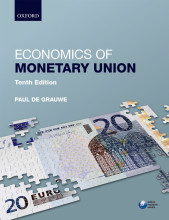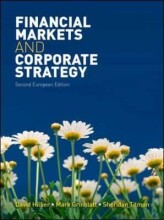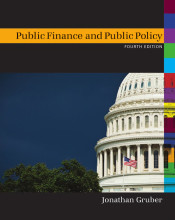Costs and benefits compared
7 important questions on Costs and benefits compared
What is the difference between the monetarist and the Keynesian view?
national MPs are ineffective as instruments to correct for asymmetric shocks
low costs of joining MU
many countries would abandon own currency and join MU
Keynesian
national MPs and exchange rate are powerful instruments in absorbing shocks
high costs of joining MU
What is the central insight of the theory of optimal currency areas?
Describe two ways to make a monetary union less costly
2. increase the degree of flexibility by a reform of labour market institutions
- Higher grades + faster learning
- Never study anything twice
- 100% sure, 100% understanding
Formulate two possibilities for the long-run MU according to Krugman's view
2. more integration, farther away from OCA zone, costs of declining symmetry dominate all benefits
What is meant by the endogeneity in integration in EMUU?
Would enlarging the Eurozone bring us closer to an OCA? Answer by using degree of openness and asymmetry.
Conclusion: EU28 is not an optimal OCA, potential for larger asymmetric shocks in the enlarged zone compared to the current zone
Give 2 pro and 2 cons why the UK should (not) join the EMU.
- UK probably experiences little problems in adjusting to shocks because of high flexibility
- Entry into the Euroone is likely to intensify the strong position of London as financial centre
con
- lowest degree of opennes towards rest of EU
- negative correlation between UK and EU demand shocks; weak correlation between UK and EU supply shocks
- UK government issues debt in pounds, guarantees debt will always be repaid
The question on the page originate from the summary of the following study material:
- A unique study and practice tool
- Never study anything twice again
- Get the grades you hope for
- 100% sure, 100% understanding






























